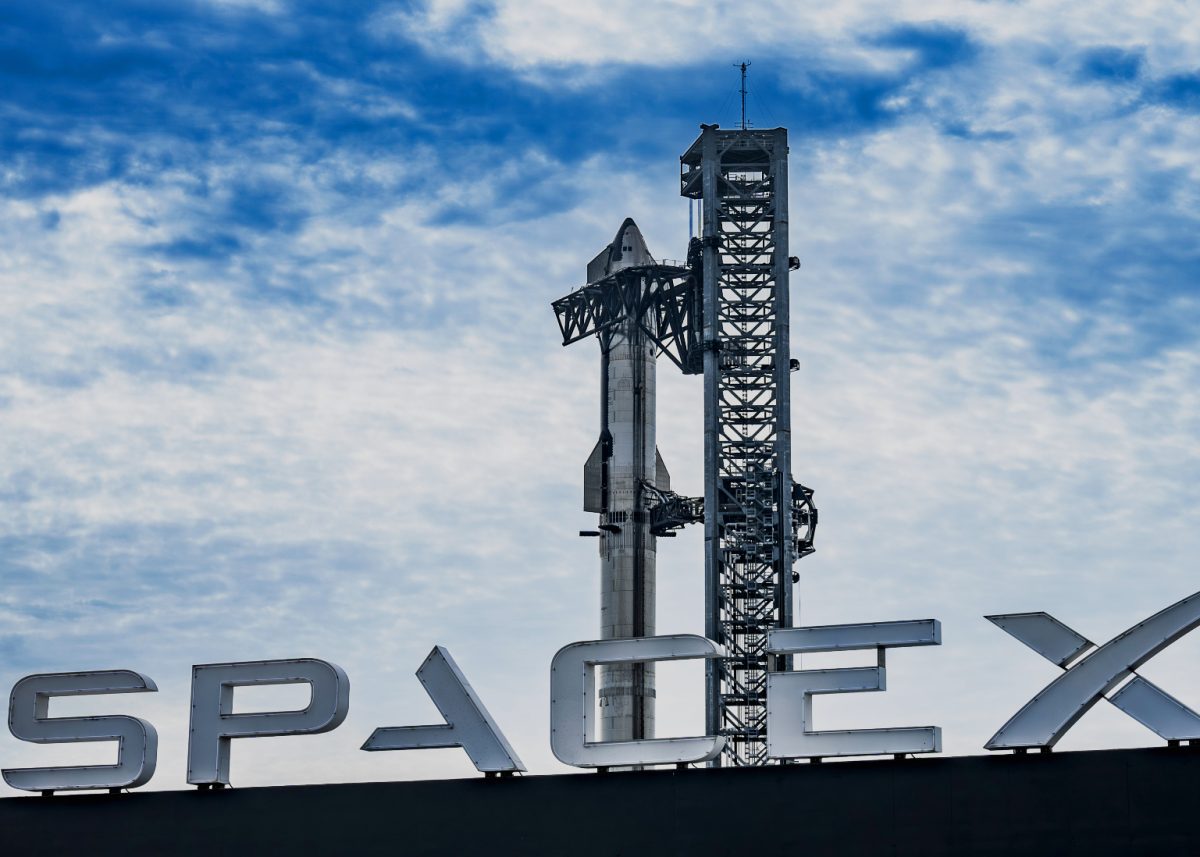Boca Chica, Texas contains one of the most ambitious innovation centers: Elon Musk’s SpaceX Starbase. It serves as the main testing and production facility for Starship launch vehicles — some of the most powerful rockets ever launched from Earth. Aspiring to make the multi-planetary future into a reality, SpaceX has invested three billion dollars into building the Starbase, envisioning a human colony on Mars once Earth becomes uninhabitable.
While the launch site may be essential for space exploration, the same energy and capital could be instead poured into combatting the cause of Earth’s destruction — climate change. The potential for space exploration and advanced technology does not outweigh the reality faced by the communities and surrounding ecosystems of Boca Chica, as the Starbase itself has been contributing to environmental damages and community displacement.
Boca Chica is a small area, yet it has such a vast diversity of habitats and wildlife that it is considered one of the most ecologically diverse places in North America. Surrounding Boca Chica is a federal wildlife refuge and state park that is home to hundreds of threatened and endangered species, such as the migratory birds that inhabit the area every year. This small town is also especially sacred to the Carrizo Comecrudo Tribe, which had resided there for several generations, as they have deep historical and spiritual ties to the land.
Without regard or concern for the original inhabitants, SpaceX has built their space facility on an ecologically sensitive and sacred land. In a press conference, Musk validated his disregard for the land, ignorantly saying, “We’ve got a lot of land with nobody around, and so if it blows up, it’s cool.”
The corporation does not seem to understand, however, that even if the land is underpopulated, many are still harmed. The constant rocket failures have led to explosions that disperse debris across wildlife conservations, ignite wildfires that burn surrounding ecosystems and contaminate the air and wetlands for animals and humans alike.
The facility, moreover, creates unprecedented noise and vibrations, which disturbs the daily lives of communities living there. As Maya Koreth (I) adds, “They don’t take too much ownership about what they’re doing to the environment, and at the end of the day, we do only have one Earth.”
The Federal Aviation Administration has also supported the decision to allow SpaceX to increase rocket launches at Boca Chica Beach. The Texas Senate has simultaneously agreed to give the city officials the authority to temporarily close a nearby beach during launches, resulting in the land being inaccessible more often. This, however, is a cherished spot among the local community, outraging the people who have worked so hard in the past to protect the area. Using public safety as a justification is disingenuous and penalizes the people who value and have preserved the beloved area.
More action is needed before rushing into space. Tony Zhang (I) believes that only “with proper regulation and agreement with the local communities, space exploration is a worthy goal to ‘sacrifice’ for.” Regulations should address launch operations, debris management and mitigation of negative consequences on wildlife and communities. Without acknowledging the consequences and wounds Starbase is inflicting on Earth and without supporting methods to save our planet, space exploration should not be prioritized.
While many in support for the Starbase construction argue that it was a near unanimous, democratic vote that included the government and local community, the majority of the voters — nearly 60 percent — were actually SpaceX employees or government officials that were affiliated with the company, skewing the decision in Musk’s favor. Andrew Xue (I) believes that “Elon Musk is just trying to gain more political power.” The vote did not truly reflect the interests of the broader community that would actually be affected by the consequences of the Starbase.
Starbase may be revolutionizing space travel, but it should not be prioritized over ecosystems and welfare on Earth. A member of the Carrizo Comecrudo Tribe states that “on Mars, you can’t see the wonderful animals and plants that you can see on Earth, so there would be no point in living there.” Why are we harming our home planet in order to travel to a foreign one like Mars?
Categories:
Too SpaceX-Treme?
By Bella Zhao (V), Contributing Writer
June 24, 2025
0








